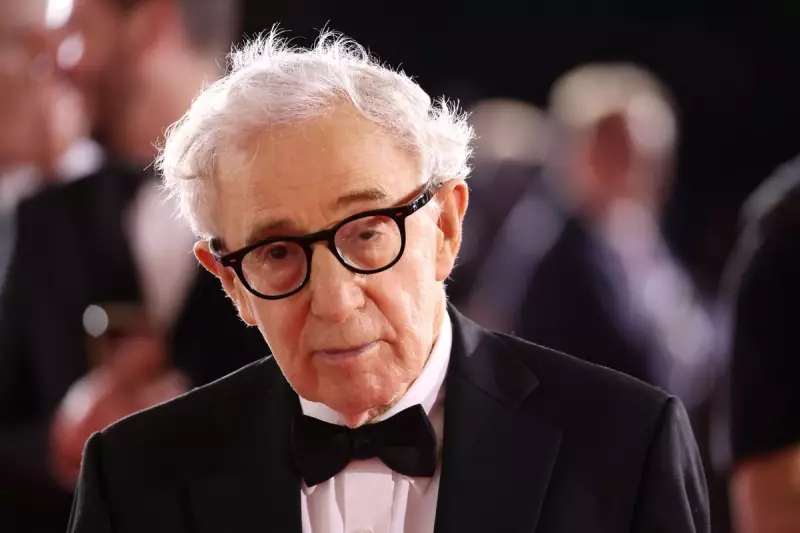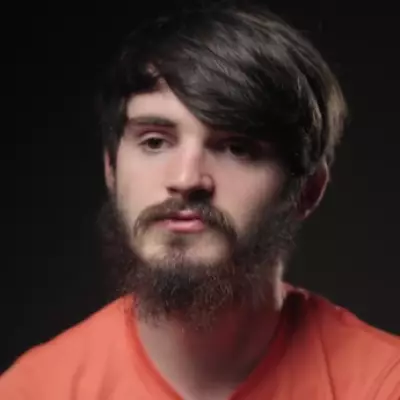
Acclaimed yet controversial filmmaker Woody Allen has ignited a firestorm of criticism by accepting an invitation to attend the prestigious Moscow International Film Festival. The move comes as Russia's brutal invasion of Ukraine continues, leading many to view his participation as a tacit endorsement of the Kremlin's actions.
The festival's president, Nikita Mikhalkov—a staunch supporter of Vladimir Putin—personally extended the invitation. Allen's acceptance has been condemned by cultural commentators and Ukrainian officials alike, who accuse the director of staggering moral blindness and providing a propaganda victory for the Russian state.
A Deeply Controversial Figure
Woody Allen is no stranger to controversy. His appearance in Moscow adds another complex layer to his legacy, which is already overshadowed by longstanding allegations of sexual abuse, which he has consistently denied.
His decision to engage with a Russian cultural institution at this time has been met with bewilderment and anger from across the artistic community. Critics argue that his presence will be exploited by the Russian government to falsely portray a sense of international normalcy and cultural legitimacy amidst widespread sanctions and global condemnation.
International Backlash and Condemnation
The response from Ukraine has been particularly vehement. A spokesperson for the Ukrainian foreign ministry did not mince words, stating the invitation represented a 'complete moral bankruptcy' on the part of both the festival and Allen himself.
Cultural observers have noted that the festival, and Mikhalkov specifically, are deeply intertwined with the Russian political establishment. By accepting, Allen is seen not just as an artist on a cultural visit, but as an unwilling—or willing—participant in a broader geopolitical conflict, providing a cultural smokescreen for a regime accused of widespread war crimes.
The debate continues to rage online and in editorial pages, questioning the role of art in times of war and the ethical responsibilities of artists on the world stage.





